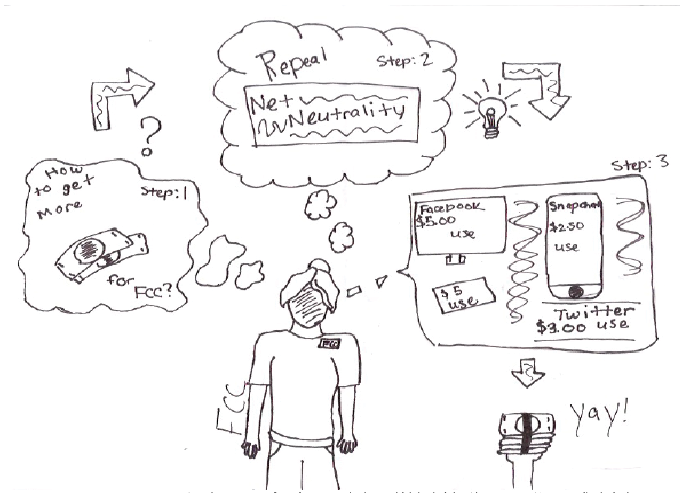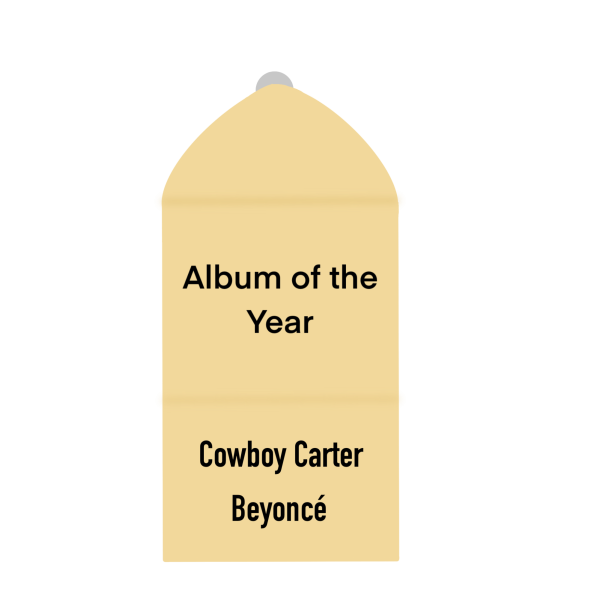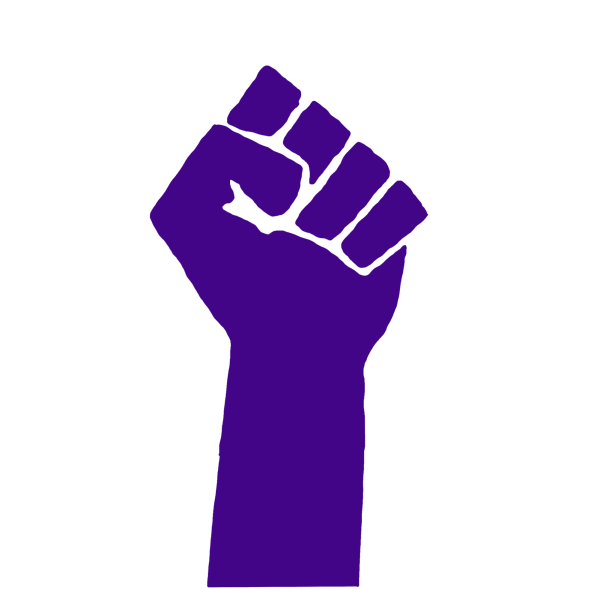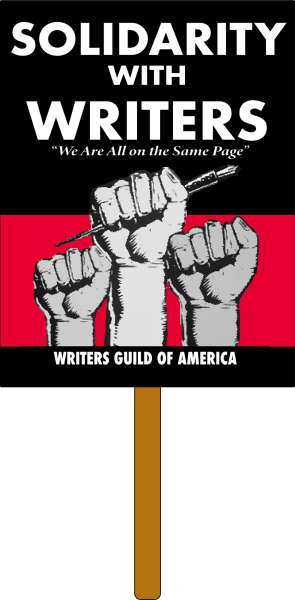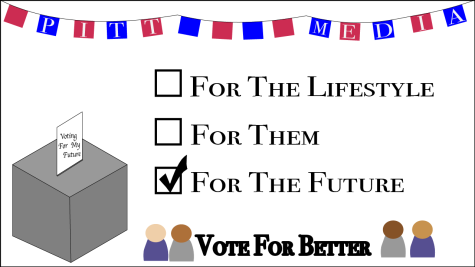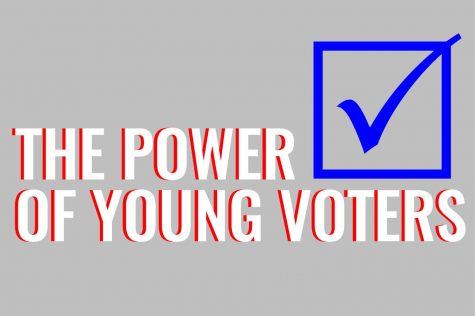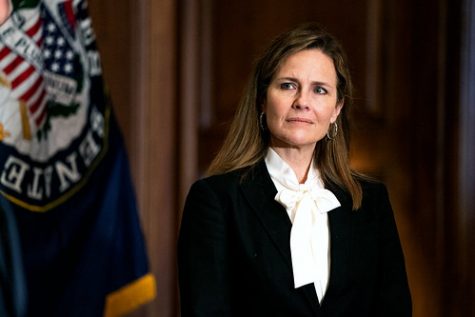Net neutrality no longer a reality
Nagel responds to internet controversy
Every morning when I wake up, I send my Snapchat streaks and check Facebook, Twitter and my email. Between writing for the Booster and doing research for debate, I spend most of my time on the internet.
According to Monica Anderson and Andrew Perrin of the Pew Research Center, as of 2016, 87% of Americans use the internet. Net neutrality affects them all.
Net neutrality, as defined by Merriam-Webster Dictionary, is the “idea, principle, or requirement that internet service providers (ISPs) should or must treat all internet data as the same regardless of its kind, source, or destination.” Essentially, net neutrality guarantees a free and open internet.
Net neutrality was put into place during the Obama administration in 2015.
On Dec. 14, the Federal Communications Commission (FCC) voted 3-2 to repeal net neutrality.
With the repeal, ISPs have less oversight from the FCC, which allows them to adjust prices or quality of content.
Loss of net neutrality means a potential for less accessible internet for those who cannot afford it.
ISPs have options with how to deal with the repeal of net neutrality.
One way everything could play out is the internet becoming like cable TV, where you have to pay for bundles of the services you use. This is how the internet works in Portugal, where there is no net neutrality.
Another way is for the internet to become like a highway, with fast and slow lanes — your ISP will get to choose which lane you are in.
There is also potential for the internet as we know it today to remain the same.
Despite what you have likely seen as a reaction to the repeal of net neutrality, change is not inevitable; there is just a higher chance for it.
Though the repeal of net neutrality does not immediately send the U.S. into certain doom, net neutrality is something we need to preserve, as it is the basis for maintaining internet equality.
But how will this impact PHS?
I am just one out of nearly 900 students at PHS who use the internet regularly.
Our newly-implemented telecommunication and HVAC systems are online now, as well as grades on Powerschool and most of the research we do to construct essays or presentations.
If ISPs decide to go with a package plan, since there is no longer net neutrality, this could seriously hurt PHS. It is no secret public schools in Kansas do not receive much funding, so we would not exactly be overflowing with cash to pay more for internet services.
I cannot fathom what a day at PHS without internet would be like.
As a teenager who is trying to be informed on what is happening in the world, it is vital that I have access to more than one news source, seeing as news bias is prevalent today.
Net neutrality could change that entirely.
ISPs could have the power to block certain services from certain users without net neutrality. If my ISP doesn’t want me to see one news source, my options could be limited and I will be exposed to nothing but bias.
It is simply unhealthy for the American people to be limited when it comes to news sources. We cannot trust major news networks to police themselves, so the only way to avoid bias is to gather information from multiple sources, which cannot be guaranteed without net neutrality.
Net neutrality is the key to finding a middle ground of news sources, so we must preserve it.
A majority of Americans see the importance of net neutrality, too. According to a poll conducted last month by The Hill, 83% of voters in the United States oppose its repeal.
When the vast majority of constituents disagree with something, their representatives need to listen. I urge you all to call your representatives in Congress to voice your opinion on net neutrality.
Tomorrow morning when I wake up, I will start my routine again. Hopefully, my Snapchats will still go out and I will see all of your tweets and posts… Hopefully.
Your donation will support the student journalists of Pittsburg High School - KS. Your contribution will allow us to purchase equipment and cover our annual website hosting costs.


